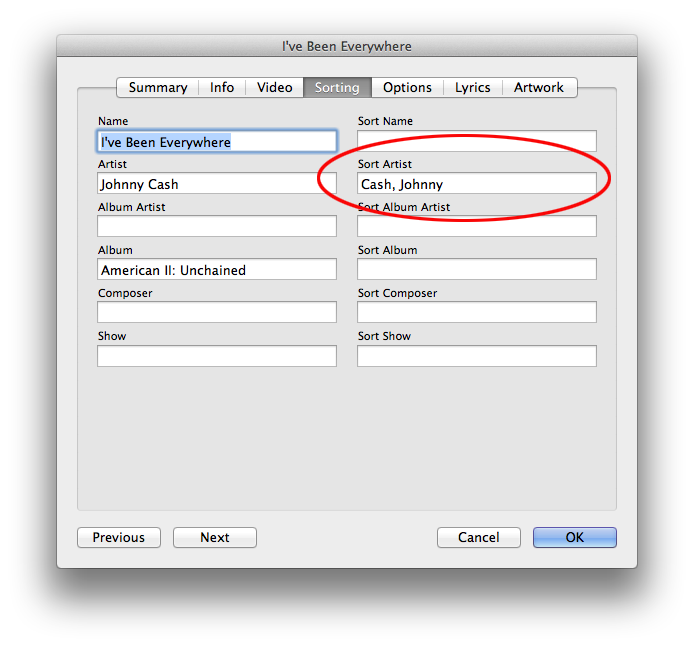When your music collection grows past a certain point, maintaining it becomes an activity distinct from listening to it — almost a hobby in its own right. This is nothing new. As Nick Hornby so ably depicted in High Fidelity, organizing and fussing over one’s music collection has several purposes, the least important of which is to arrange in an orderly manner one’s LPs on a shelf: it’s partly therapeutic, partly cathartic, and in a weird way an assertion of one’s self, a statement about what you value. An FBI profiler could probably draw a fairly accurate psychological profile of you by closely analyzing how you organized your music.
Many diehard music listeners today continue to curate a substantial collection of vinyl LPs, or else went back to vinyl after it began to resurge a few years ago. Not me. I am firmly of the digital age — in fact, the primary reason I became so finicky and exacting about my music was the sense of empowerment digital music grants you. It’s not that I can carry nearly my entire collection in a device the size of my wallet; I’m so used to that I expect nothing less. It’s that all this wonderful stuff is lying supine and exposed in iTunes, where I can manipulate it at will. A vinyl record is fixed, a physical artifact; a digital song is an assemblage of bits, malleable and subject to whim. Most people who buy songs from iTunes or Amazon probably don’t even stop to consider the awesome power literally at their fingertips. You can name anything anything you want, sequence it in any way you want. You can put Sergeant Pepper in its original running order, so that side 1 ends with “She’s Leaving Home,” or reconstruct Infidels to include “Blind Willie McTell” instead of “Neighborhood Bully.” Whether you’re the type to take such liberties or not, programs like iTunes allow you to get your music right — to tend it with as much care and respect for detail as you like. As I suggested above, how far you take this practice depends on, and reveals a lot about, who you are. To illustrate, let me show you a few of my common MP3 hoarding practices. Continue reading
